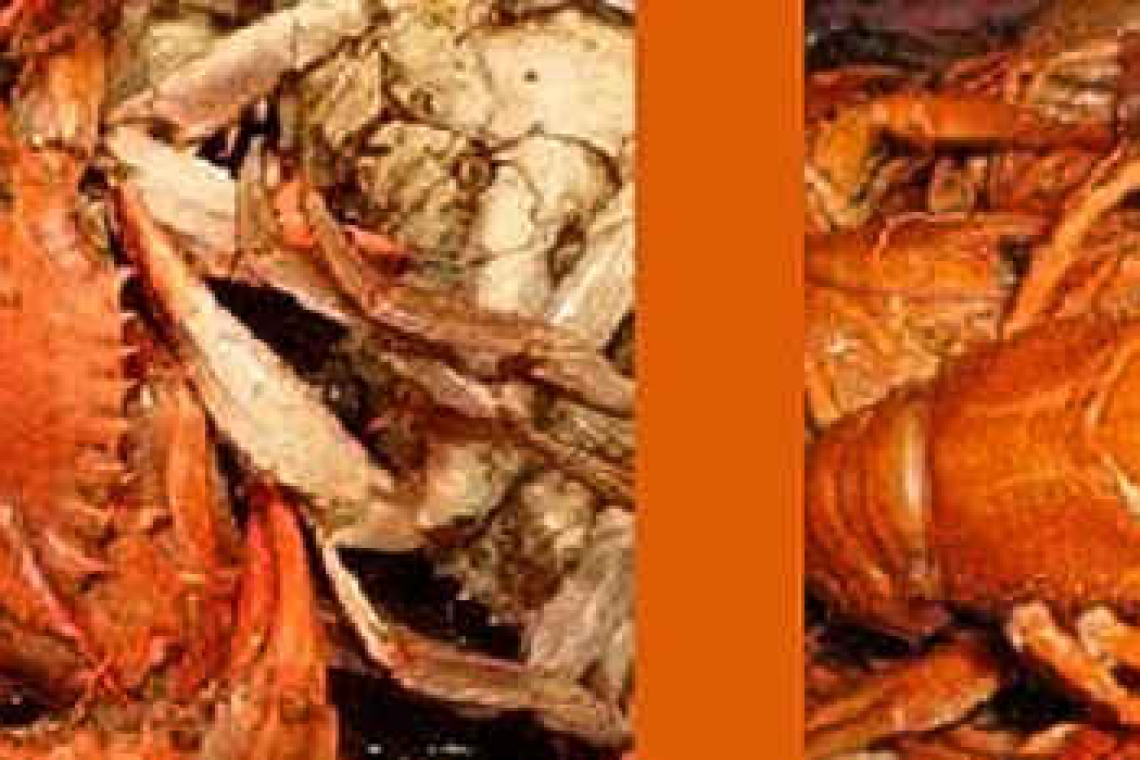Crabs and lobsters.
SANTO DOMINGO, Dominican Republic--The population of the Dominican Republic (DR) is being told not to order lobster or crab meat in restaurants unless they can be sure it is imported. “Please do not purchase the locally sourced seafood until July 2022. The seasonal Caribbean lobsters and crabs capture and commercialisation ban is in effect as of March 1,” states a press release from the DR Department of Environment.
Caribbean lobsters and crabs are key to the balance in the regional ecosystem. They clean the Caribbean Sea and Atlantic Ocean by feeding on other organisms and serving as biological control. They also demolish organic matter contributing to the well-being and beauty of Dominican Republic beaches and coastal areas, the release explains.
It adds, “It is up to consumers to respect the ban, because the regulations in place allow restaurants to stock up on locally-sourced lobsters and crabs and continue to sell them. Many responsible restaurants, nevertheless, will not sell the lobsters and crabs during the ban. These are the better restaurants. Others will continue to sell imported lobsters and crab meat, but it is difficult to tell who buys imported lobster and crab meat. Take note that Atlantic Ocean lobster is not the same as Caribbean lobster; also, that the seasonal ban applies to all of the Caribbean.”
Thus, it is up to the consumer to be aware of the positive effects the drop in the demand for the seafood can have on the continuing of the species. The ban on capture and commercialisation was created to give lobsters and crabs time to recover and procreate, the release states.
The Ministry of Environment says the prohibition of capture, storage and commercialisation of several species of lobsters and crabs from Tuesday, March 1, until Thursday, June 30, guarantees their permanence and adequate reproduction.
The measure seeks to comply with Decree 119-12 of March 4, 2012, Decree 6-18 of January 5, 2018, and is in line with Regulation OSP-02-09, which establishes the simultaneous regional ban for all Central American countries and the Dominican Republic.
The lobsters affected by the ban include the spiny lobster (Panulirus argus); the pinta or langostino (Panulirus guttatus), the stone lobster (Scyllaridas spp.) and the mama lobster (Parribacus antarcticus).
The crab species include cave pigeon (Cardisoma guanhumis), zumba or pelú (Ucides cordatus); Moorish crab (Gecarcinus ruricula); little red crab (Gecarcinus lateralis) and the Syrian crab (Callinectes spp).
Environment Minister Orlando Jorge Mera urges the population to avoid buying and consuming these species to contribute to their conservation and called on fishermen, crabbers and traders not to violate the established regulations to avoid sanctions contained in Environment Law 64-00.
In the DR, different regulations regulate the prohibition of other marine species and are in accordance with Environment Law 64-00 and Law 307-04, which creates the Dominican Council of Fisheries and Aquaculture Codopesca. These regulations aim to establish a sustainable fishing system in the country based on responsible fishing and the rational use of natural resources. ~ DR1 ~







